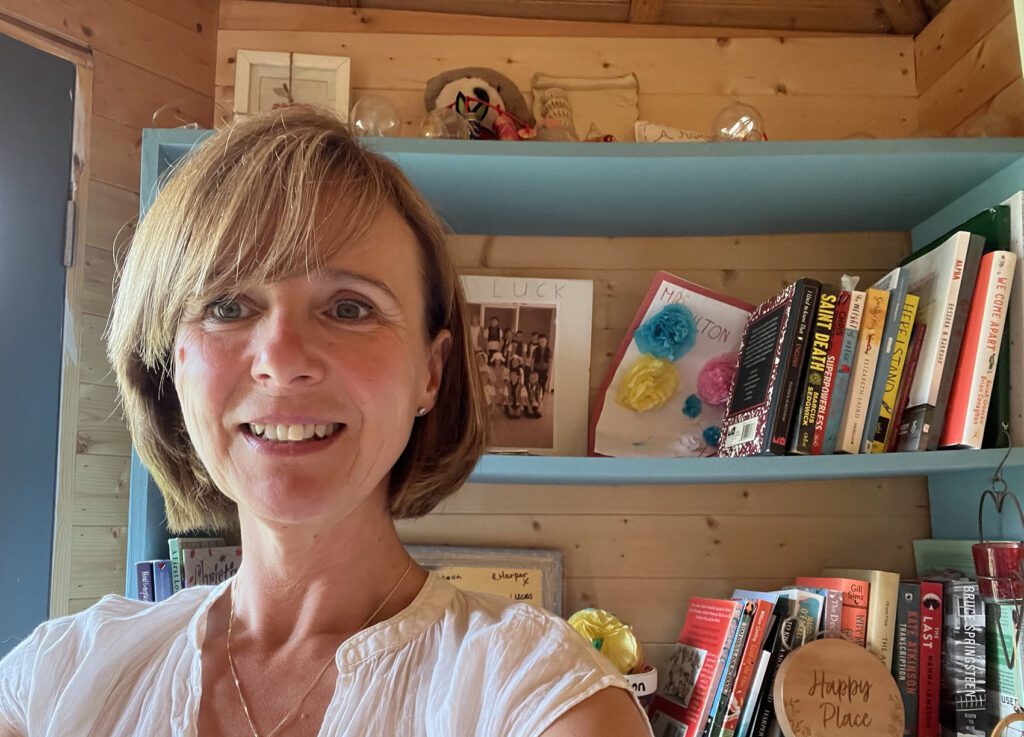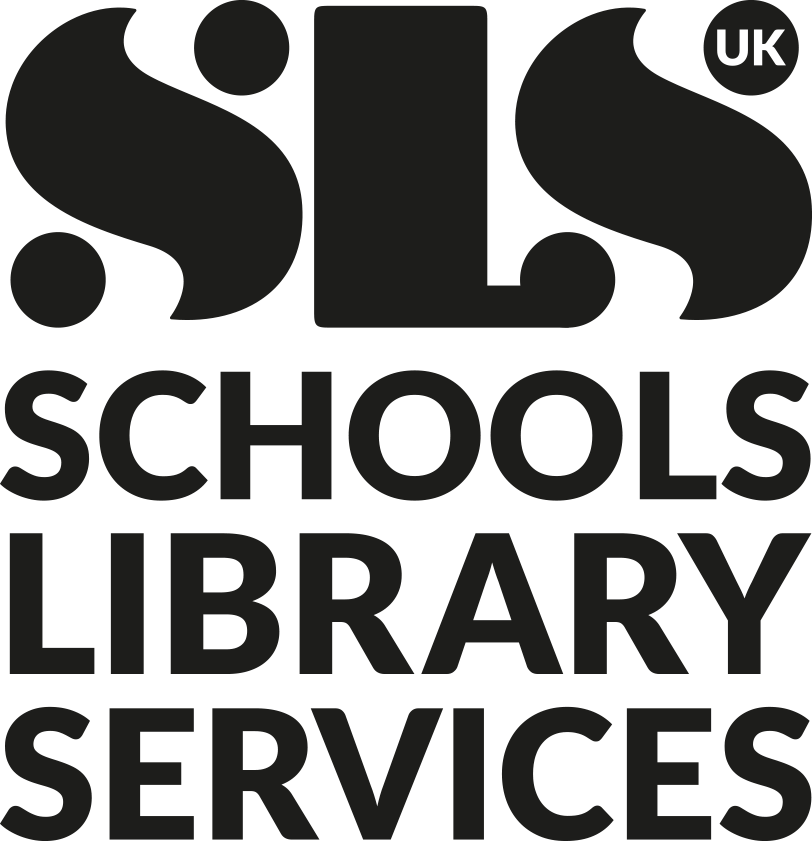
Caroline Bilton
In Northumberland Deputy Head Caroline Bilton’s push for better reading skills, especially amongst children from disadvantaged backgrounds, has seen her take up an extra training role helping teachers use best practice. Interview by Nicola Baird.
In many ways Caroline Bilton is the senior leadership teacher that every school needs – hard working, sharing skills with younger colleagues and super passionate about ensuring the children get the best possible learning. But unusually Deputy Head Caroline splits her time at a busy primary school in Northumberland, working from her home office as a senior associate for the Education Endowment Foundation (EEF) for the past three years.
As a teacher I knew from my own experience and a growing wealth of evidence that if I could encourage a love of reading, then the more I could get questions and discussion around text and build a real thirst and love of reading and have a real impact for the children.”
Caroline Bilton
The end of term is always a rush but at Cragside Primary in Cramlington they’ve had the added stress of an inspection. “We’ve just had Oftsted, and though they are trying to reduce the level of anxiety,” she says, “because their decisions are so high stakes it’s hard for teachers to relax.” Fortunately, it all went well and the school, “sustained our Good.”
“Cramlington is an ex-mining town that’s grown to be a dormitory town for Newcastle,” explains Caroline two weeks into her summer break. “It has lots of housing estates and mixed catchment, but our children and families are predominantly white, working class background. I work closely with those families, and I also love supporting early career teachers to understand what it is that makes really great teaching.” Caroline reckons her day-to-day school experience strengthens her training work and webinars for the Education Endowment Foundation too because, “I’ve done Ofsted, I know the pandemic was a challenge, and I can say that with a credible voice, so teachers will listen to me. It takes a lot to earn teachers’ trust.”
Now from a one-time garden shed – now office – adapted by her carpenter husband, she helps EEF to mobilise, “the wealth of evidence around the teaching of reading, writing, language and communication that often teachers aren’t aware of. The aim is to break the link between attainment and family income. We know that good teaching is the most important lever that we have, and it is critical for children where disadvantage is a challenge in the home environment, particularly for reading.” Using this research Caroline runs training and webinars to help teachers maximise opportunities for helping children across the UK do well.
My absolute conviction about the importance of reading grew and grew, so I did work beyond my own school and from 2016-21 mobilised 800 schools with the North East literacy campaign.”
Caroline Bilton
“Even before I understood the importance of evidence and research, I’d do anything in my power to encourage children to read,” says Caroline who still lives and works in the town where she grew up. Although the old library building has been raised – there’s a new library within the council offices – she has happy childhood memories from the 1970s of heading to it on her own to get a pile of books to transport her, because, “When I was reading, I wasn’t home in my bedroom, I was in that book,” says Caroline whose summer reading includes research papers; All That Man Is by David Szalay and what looks like becoming a new children’s classic, Where The World Turns Wild by Nicola Penfold.

Even with all this experience of books and teaching reading Caroline is a big fan of SLS’s services. “Children now are connecting with so much on line – games and films – so we need to make the texts we share with them the best quality and hooked into their lives beyond what they otherwise might see on the shelves in Asda. SLS bring books into the heart of our school, finding the fiction and non-fiction we want the children to experience, and they also organise and update. It’s brilliant as teachers can get in a rut and may share the same books over and over again.”
Four decades on from growing up in Cramlington – which readers may know as the town where one footpath boasts a giant 15 foot spoon – Caroline says wistfully, “I can’t always persuade families to go into the central library. If I were able to make some policy change it would be taking the expertise and resources in those town libraries and put them into our school library! So, when Jackie from SLS Northumberland comes in with a big box of books it’s just the best thing. She can give the rationale why she’s put this collection together and why this author should be your book of the month and switch traditional non fiction into books that are reflecting our children’s real lives. I want to download her brain and not let her go,” she laughs.
It’s not just knowledge and stock that teachers get from an SLS delivery, they also get book-use wisdom explains Caroline. “Jackie delivers the books and everything is beautiful but when the children mess it up and make the books tatty, Jackie says, ‘that’s a good sign, we know that the kids are using the library.’ I love that perspective.”
We always say that reading has multiple benefits – increasing your communication, focus, empathy, memory, world experience etc – but perhaps having a less siloed approach to teaching has big benefits too. Certainly, Caroline’s work outside the classroom has just as many benefits for the children’s reading skills.

